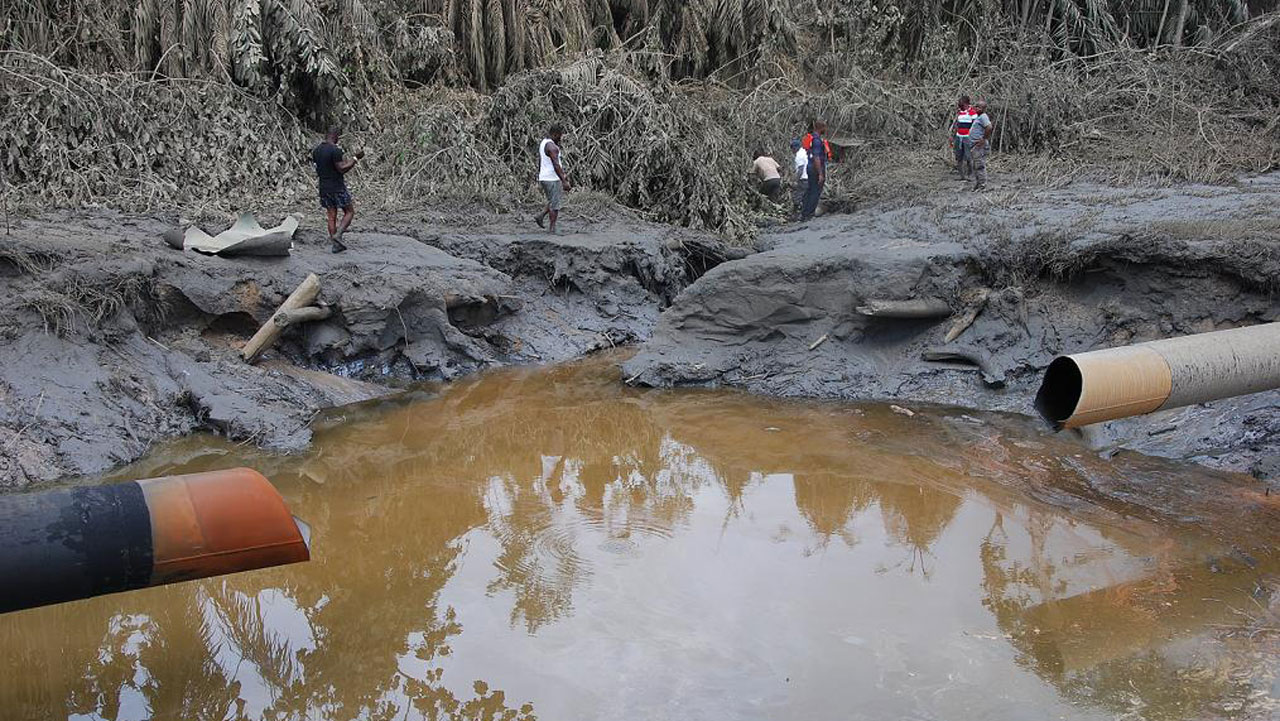
• Senate urges prioritisation of gas production for improved revenue
• Ogun gov canvasses deregulation of petroleum sector
Crude oil and refined products worth $41.9 billion have been stolen from Nigeria in the last 10 years, a latest report released by the Nigeria Extractive Industries Transparency Initiative (NEITI) indicated yesterday. Urging government to embrace oil fingerprinting technology, comprehensive metering infrastructure of all facilities and other creative strategies to combat the menace, the agency, in a policy brief titled “Stemming the Increasing Cost of Oil Theft to Nigeria”, said the nation lost $38.5 billion on crude theft alone, $1.56 billion on domestic oil and another $1.8 billion on refined petroleum products between 2009 and 2018.
Coming at a time when the country is facing dwindling revenues, the transparency body said paying attention to the economic sabotage had become urgent to expand revenue generation. The report stated that Nigeria loses an average of $11million daily, translating to $349 million in a month and about $4.2 billion yearly to unwholesome activities arising from stealing, process lapses and pipeline vandalism.
In a similar vein, the Senate has called on the Federal Government to intensify efforts at diversifying from crude oil to natural gas production by harnessing the flared product for improved revenue.The appeal followed the adoption of a motion at plenary on the need to monitor the Nigerian Flared Commercialisation Programmes towards ending gas flaring by 2020.
The motion was sponsored Betty Apiafi (PDP Rivers) and co-sponsored by 47 others. They noted that the flaring, which is the burning of natural gas that is associated with the extraction of crude oil, could be profitable if properly harnessed.In 2018 alone, according to data obtained from the Nigerian National Petroleum Corporation (NNPC), oil and gas firms operating in the country flared 215.9 billion standard cubic feet (SCF) of the product, amounting to a revenue loss of over N197 billion.
Following her presentation, the upper chamber of the National Assembly resolved to raise an Ad hoc Committee to monitor the implementation of the NGFCP.The red chamber also resolved to review the penalty for non-compliance in line with global best practices. Presenting her motion earlier, Apiafi said the data from the World Bank Global Gas Flaring Reduction Partnership in 2018 indicated that Nigeria was sixth largest gas flaring country globally and second largest in Africa after Algeria.She said there were extant laws against the flaring of associated natural gas in the country since 1984.
The lawmaker noted: “Section 3(1) of the Associated Gas Re-injection Act, CAP A25 LFN 2004 states that no company engaged in the production of oil and gas shall after January 1, 1984 flare gas produced in association with or without the permission in writing of the minister.”Apiafi expressed concern over the huge revenue losses due to the unrelenting activity, stating that flaring of associated natural gas was simply “burning of money.”
She pointed out that Nigeria has the largest natural gas reserve in Africa and the ninth largest in the world. The motion sponsor regretted that the exercise had been wreaking havoc on Niger Delta communities since the early 1960s. However, Ogun State Governor Dapo Abiodun has canvassed the deregulation of the petroleum sector to make adequate funds available for the provision of basic amenities.He spoke when he received members of the Depot and Petroleum Marketers Association of Nigeria (DAPPMAN) who paid him a courtesy visit in Abeokuta, noting that it was increasingly becoming difficult to provide infrastructure, hence the need to embark on deregulation.






